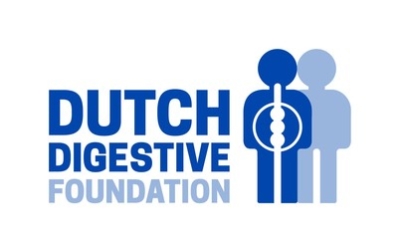Development of a better molecular test for colorectal cancer screening
Colorectal cancer is one of the most common malignant tumors worldwide. Many patients do not survive the disease. The majority of these cancers are diagnosed at a late stage, in which only a minority of the patients can be cured. Early diagnosis is therefore live saving. The current test, which is used in the Dutch screening programme, detects small traces of non-visible blood that can indicate the presence of colorectal cancer. While this test can significantly reduce disease-specific mortality, it has limited sensitivity. Therefore improvement of the sensitivity of the screening tests is highly needed.
Together with Exact Sciences and the Dutch Digestive Foundation, the NKI develops a straightforward solution to improve the current test by using tumor-specific protein biomarkers. By application of an advanced technique we discovered several tumor and tumor stroma related proteins in stool that can discriminate colorectal cancer patients from healthy controls.
In recent studies a panel of most promising biomarkers was selected and further validation and development of a new test based on this panel could add sensitivity and specificity to the current test, to make colorectal cancer screening even more effective. We expect that our new biomarker test will be 20% more sensitive than the current one and in the long term that translates into 573 lives extra that will be saved yearly.



